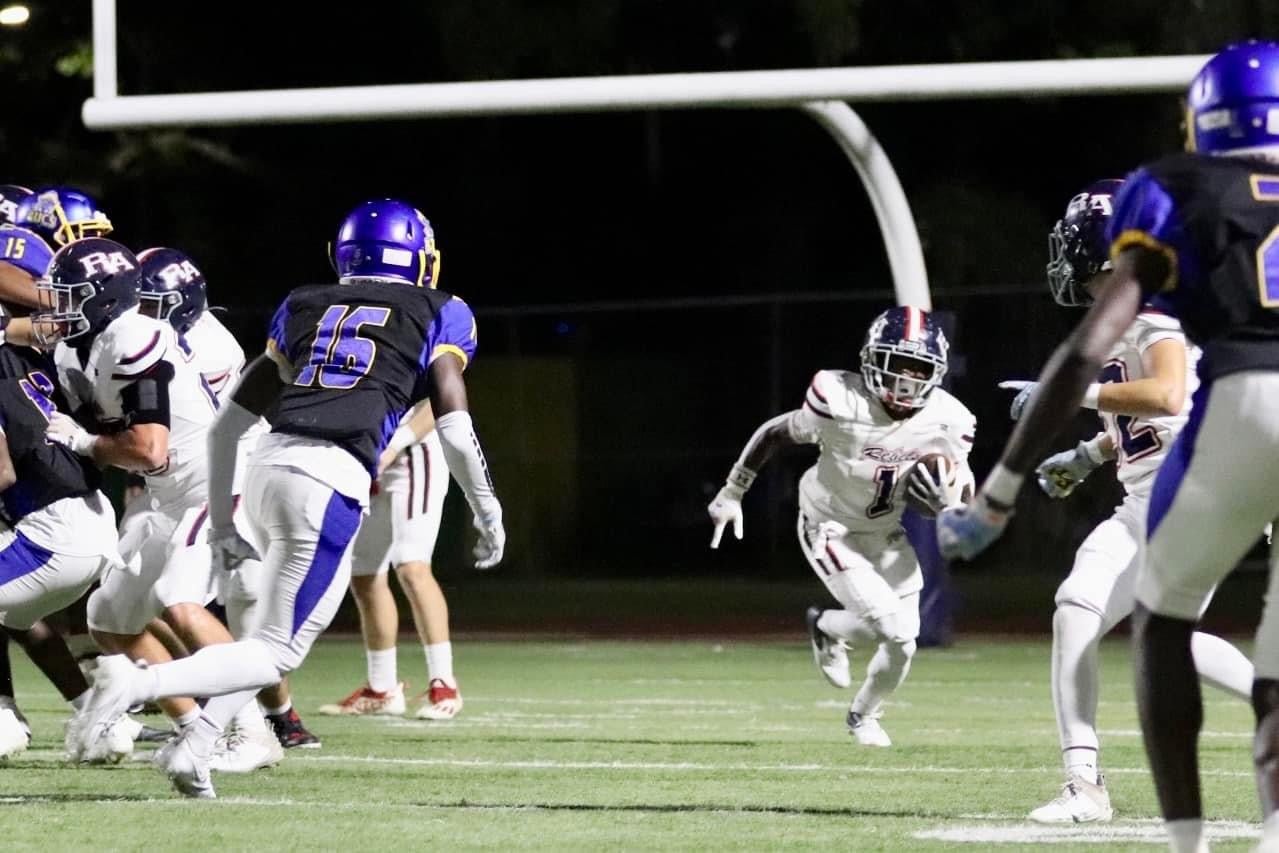The Other Side of the Wildlife Scene
Published 12:00 am Monday, August 1, 2005
with LDWF Senior Agent Aron Hastings
At last summer is here and the sun is out in full force. 90-100 degree days are beating down on our backs, and we’re all looking for ways to stay cool and have some fun. What better way than to pull the boat to the lake and let the breeze blow through your hair as you cruise around? Boating and water sports are a popular and rewarding way to keep cool on a hot summer’s day, as long as you abide by the laws that regulate boating; deviation from these will be considered careless or reckless boating operation. Education yourself on these “Rules of the Road” for vessels will ensure that you have a fun and safe summer:
1. Vessels passing head on shall each keep to their respective right. (Just like in a car, you stay in your lane and I’ll stay in mine.)
2. A vessel overtaking another may do so on either side, but must grant the right of way to the vessel being passed.
3. When vessels are passing at right angles, the vessel on the right has the right of way.
4. Motorboats shall yield right of way to non-powered boats except as follows:
a. When being overtaken by non-powered boats
b. For deep-draft vessels that have to remain in narrow channels
c. When a vessel is towing another vessel.
5. Motorboats must maintain a direct course when passing sailboats
6. A vessel approaching a landing dock or pier shall yield right of way to departing vessels.
7. A vessel departing a shore or tributary shall yield right of way to through traffic and vessels approaching the shore or tributary.
8. Vessels will not abruptly change course without first determining that it can be safely done without risk of collision with another vessel.
9. If an operator fails to fully comprehend the course of an approaching vessel, he must slow down immediately to a speed barely sufficient for steerage until the other vessel has passed.
10. Vessels yielding right of way shall reduce speed, stop, reverse or alter course to avoid collision, all vessels will slow done, stop or reverse until danger is averted.
11. Vessels will issue warning signals in fog or weather conditions that restrict visibility.
12. No mechanically propelled vessel shall be operated so as to traverse a course around any other vessel under way or any person swimming.
13. In a narrow channel, vessels will keep to the right of the mischance. (Stay on your side!)
14. Vessels approaching or passing another vessel shall be operated in such manner and at such rate of sped so as to not create a hazardous wash or wake.
15. No vessel shall obstruct or interfere with takeoff, landing or taxing of aircraft. (Stay out of runway!)
16. All vessels shall be operated at reasonable speeds for given conditions and situations and must be under complete control of the operator at all times.
17. No person shall, under any circumstances, operate a vessel in excess of an established speed or wake zone.
18. No vessel or person shall obstruct or block a navigation channel, entrance to channel, mooring slip, landing dock, launch ramp, pier or tributary.
19. Vessels shall keep at least 100 feet of clearance of a displayed diver’s flag (diver down).
20. Operator shall maintain a proper lookout.
There are more rules, or laws, to abide by while boating. Some of the laws concern you and some of the laws concern your boat. For example, did you know that people born on or after Jan. 1, 1988, may not operate a motorboat powered by a motor in excess of 10 horsepower unless they have successfully completed a boating safety course approved by the National Association of Safe Boating Law Administration and carry proof of completion? It’s also illegal for anyone under the age of 16 to operate a personal watercraft (PWC). An exception to this rule is made if you are 13 or older as of Jan. 1, 2005, and have successfully completed a boating safety course and carry proof of completion. It also is illegal for the owner or person in charge of a PWC to knowingly permit a person under the age of 13 to operate the craft.
It is the responsibility of the boater to learn more about the laws related to boating safety and to take the classes necessary to become as informed as possible to ensure many safe and enjoyable days on the water. This I a good time for you to take a Louisiana Department of Wildlife and Fisheries boating safety course. The LDWF offers a basic one-day boating class (six to eight hours). Classes are offered year-round and they are free. Call 985-447-0821 for class dates and sing up now. Time is wasting when you could be soaking up the sun and riding the waves.
L’OBSERVATEUR IS PLEASED TO ANNOUNCE THAT LDWF SENIOR AGENT ARON HASTING IS JOINING OUR STAFF AS A WILDLIFE COLUMINIST. IF YOU HAVE A WILDLIFE QUESTION FOR SENIOR AGENT HASTINGS, PLEASE E-MAIL SPORTS EDITOR DAVID FOLSE II AT LOBSPORTS@BELLSOUTH.NET AND CHECK OUT NEXT WEEK TO SEE IF YOUR QUESTION HAS BEEN ANSWERED.





